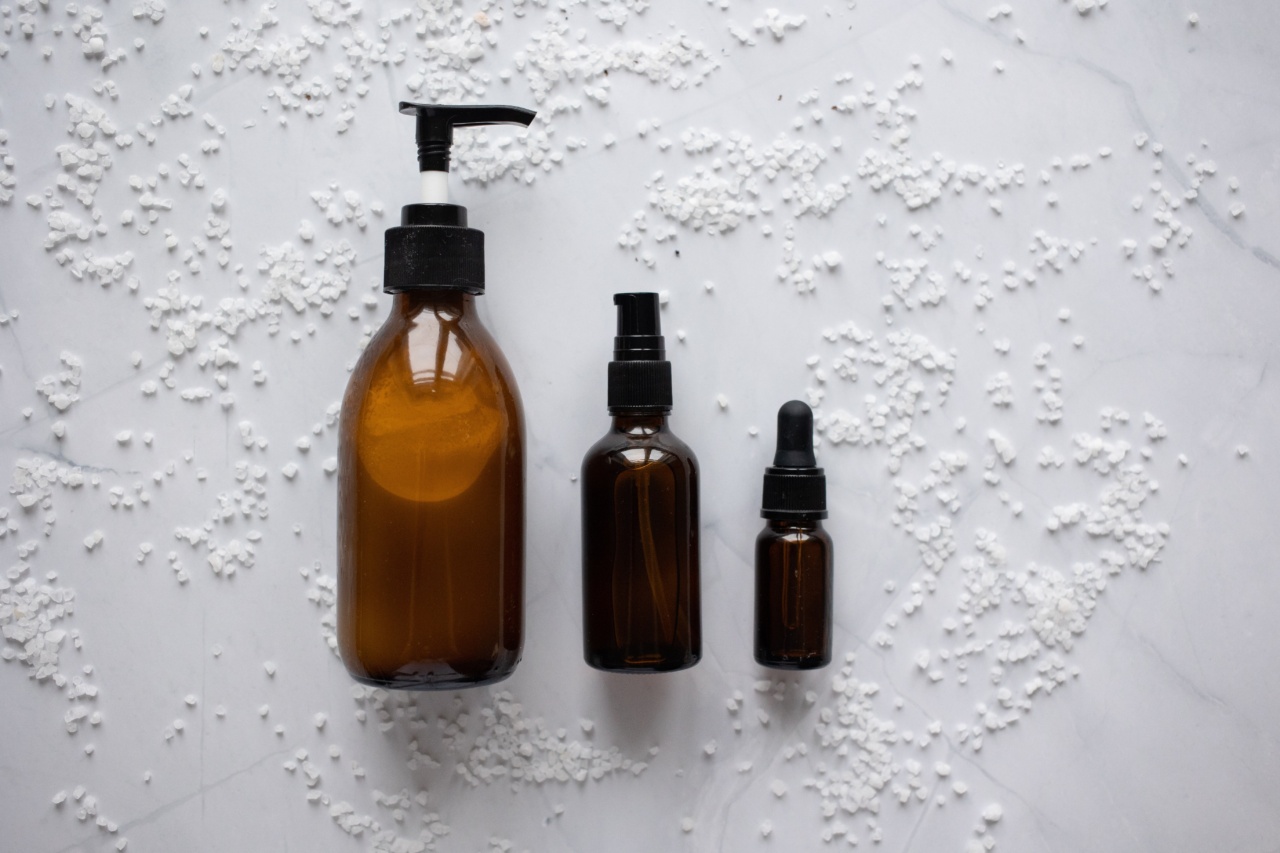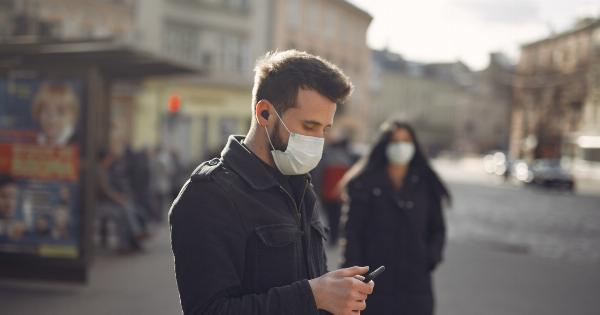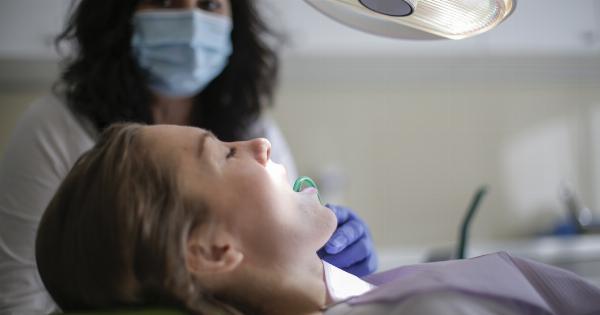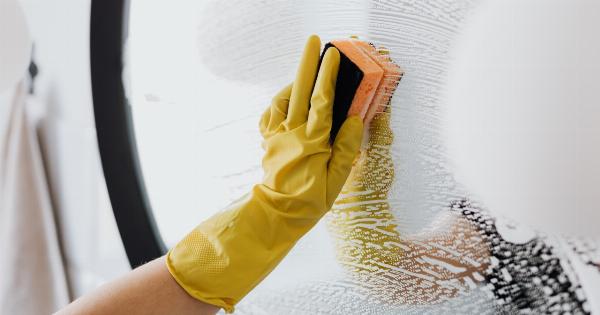Streptococcus, commonly known as strep, is a bacteria that can cause various infections in humans.
While most people are aware of the risks associated with strep throat or skin infections, many are unaware that everyday objects can become breeding grounds for this harmful bacteria. In this article, we will explore some surprising objects that may host streptococcus and discuss how to minimize the risk of infection.
1. Your Toothbrush
Your toothbrush, an essential tool for oral hygiene, can unfortunately harbor strep bacteria. The warm and damp environment of your bathroom provides favorable conditions for bacteria growth.
To reduce the risk, replace your toothbrush regularly and store it in an upright position to allow it to dry completely between uses.
2. Kitchen Sponges
Kitchen sponges are prone to contamination due to their high exposure to food particles and moisture. When not properly cleaned and sanitized, they can become a breeding ground for streptococcus and other harmful bacteria.
To prevent this, make sure to frequently replace your kitchen sponges and clean them thoroughly after each use.
3. Computer Keyboards
Did you know that your computer keyboard could be harboring strep bacteria? The spaces between the keys can accumulate dirt, food particles, and skin flakes, providing an ideal environment for bacteria growth.
Regularly clean your keyboard with an appropriate disinfectant to minimize the risk of infection.
4. Mobile Phones
We carry our mobile phones everywhere, exposing them to various bacteria, including streptococcus.
Studies have shown that mobile phones can be even more contaminated than toilet seats! Wipe your phone with disinfectant wipes regularly to keep it germ-free.
5. Towels
Towels, especially hand towels and bath towels, are often damp and provide an ideal environment for bacteria growth. Sharing towels can lead to the transmission of strep bacteria between individuals.
It is crucial to regularly wash your towels and avoid sharing them with others to minimize the risk of infection.
6. Toys
If you have children, their toys can harbor strep bacteria, especially if they frequently put them in their mouths. Clean and sanitize toys regularly, especially those that come into contact with their mouths, to reduce the risk of infection.
7. Makeup Brushes
Makeup brushes are often used repeatedly without proper cleaning, allowing bacteria to multiply. When infected with strep bacteria, using contaminated makeup brushes can lead to skin infections.
Wash your brushes regularly with mild soap or specially formulated brush cleaners to avoid bacterial contamination.
8. Remote Controls
Remote controls, particularly those in shared spaces like living rooms or hotel rooms, can harbor streptococcus bacteria. These devices are frequently touched and rarely cleaned.
Disinfect the remote controls periodically to maintain hygiene and minimize the risk of bacterial transmission.
9. Handbags and Wallets
We often place our handbags and wallets on various surfaces throughout the day. These surfaces can be contaminated with strep bacteria, and if not cleaned, the bacteria can transfer to our hands and potentially cause an infection.
Regularly wipe down handbags and wallets with disinfectant wipes.
10. Gym Equipment
Gym equipment is shared by numerous individuals, making it a hotbed for bacterial growth, including streptococcus. Always use towels or disinfectant wipes to wipe down gym equipment before and after use.
Additionally, avoid touching your face during workouts to minimize the risk of bacterial transmission.































